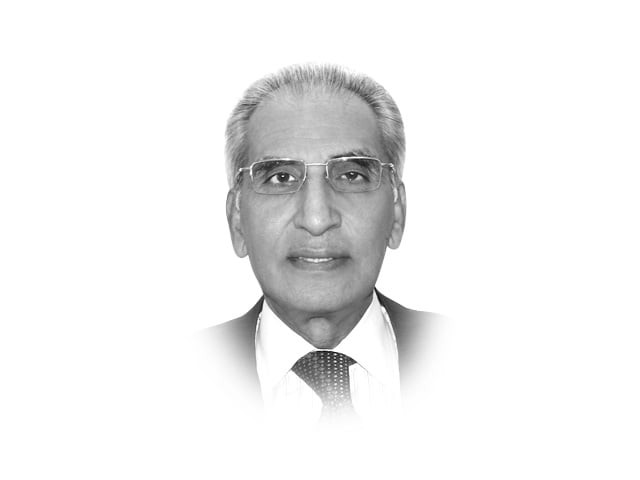Turkey’s soaring ambitions carry risks
In more recent times, Turkish diplomacy appears to have become more forceful and occasionally rigid.

Witness to remarkable triumphs and humiliating reverses, the Turks have developed tremendous resilience and unflinching self-belief. After defeat and dismemberment in wake of the First World War, modern Turkey’s founders — its armed forces — decided to break with the past and impose secularism and modernity by force. When civilian leaders were suspected of veering away from the Kemalist ideology, the army did not hesitate to send them packing, sometimes in a rather brutal fashion. This makes the transformation in the country’s domestic and foreign policies –– engineered by the ruling Justice and Development Party under Prime Minister Recep Tayyip Erdogan –– all the more remarkable.
While the government’s economic policies have brought widespread prosperity to the people and growing approbation from the populace, it has also rekindled powerful nationalist sentiments. This could be discerned in cafes and bazaars and during my bus ride to Ankara. It is this new development — an increasingly assertive posture in diplomacy, my primary area of interest –– that raises many questions. The Turks that I spoke to reiterated that the government remains committed to a policy of ‘zero problems with neighbours’, a concept credited to Foreign Minister Ahmet Devatoglu. This eminently sensible approach brought kudos to Prime Minister Erdogan and burnished his credentials as a bold reformer at home and also an advocate of peace and stability in the region. However, in more recent times, Turkish diplomacy appears to have become more forceful and occasionally rigid, with initiatives that could be a cause of concern to neighbours in the not-too-distant future.
The resident diplomats I spoke to explained that Erdogan and his colleagues are motivated by a strong conviction that it is Turkey’s destiny to be a great power. And while the Ottoman Empire cannot be resurrected, the country’s strong economy reinforced by skillful diplomacy could make Turkey the region’s most influential country. Others confided that many people in positions of power today are deeply attached to the teachings of Fathulla Gulen, a holy man residing in Pennsylvania, United States. A Muslim scholar and charismatic preacher, Gulen has millions of followers in Turkey and in other countries. Gulen has long opposed militancy, instead advocating tolerance and interfaith dialogue while drawing on the traditions of Sufism. His critics, however, accuse him of leading a surreptitious movement to take Turkey away from its secular foundations and turn it into an Islamist state with transborder ambitions.
I happened to arrive in Istanbul on the very day that clashes took place on the Turkish-Syrian border, which appeared to symbolise Turkey’s forceful assertion of its desire to influence events in the neighbourhood. Turkish leaders reiterated their resolve to take ‘unspecified action’ against President Bashar alAssad, once a friend and ally, while also hosting thousands of Syrian refugees — who are being armed and trained to infiltrate Syria and cause havoc — on its soil. A year ago, Turkey was bitterly opposed to Nato’s intervention in Libya while promoting reconciliation in Lebanon and Iraq, forcefully advocating the Palestinian cause and seeking to mediate between Iran and the West. Today, it is being viewed with growing apprehension by its neighbours.
Turkey’s aggressive posture on Syria and active involvement in engineering a regime change in a neighbouring country –– and that, too, by armed intervention –– may bring in the West’s appreciation but carries huge risks, even for a strong country like Turkey –– with its own restive Kurdish minority. Human rights can become a double-edged sword.
Published in The Express Tribune, April 25th, 2012.















COMMENTS
Comments are moderated and generally will be posted if they are on-topic and not abusive.
For more information, please see our Comments FAQ